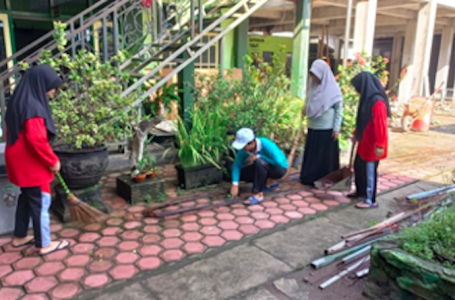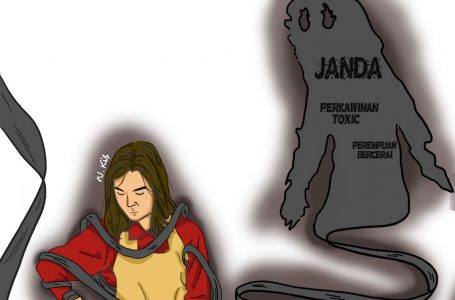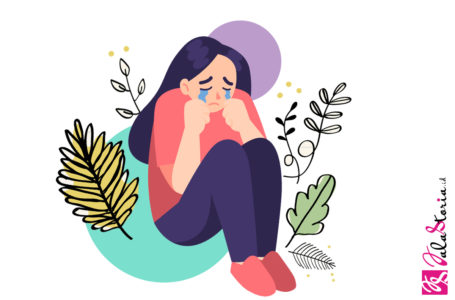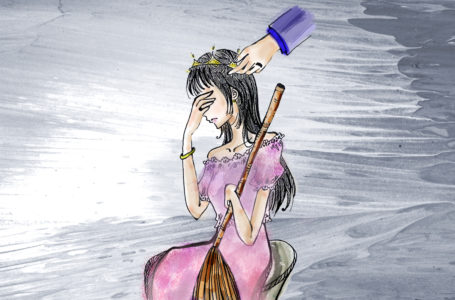The Elimination of Sexual Violence Bill and Victim’s Need for Justice

The victim is not placed as an object, instead the subject for her own life.
In the last few days, the debate over the Draft Bill on the Sexual Violence Eradication (or Antirape Bill) has been back as public talks.
The trigger is not only for the commitment made by the Commission VIII of the House of Representatives which promised to finalize the deliberation of the bill, at least, after the implementation of the general election and before the end of their work period, but because of the emergence of pros and cons.
Various reasons for rejection and support to the bill are scattered in the mass and social media. The focus of the discussion is not merely to see this bill from the perspective of the victims having difficulty accessing their rights to justice. Though the spirit of pushing this draft to parliament is for the needs of victims.
The question is: is there anything more important than the victim’s need for justice?
The visible facts (of the sexual violence incidents) that cannot be doubted are victims’ experiences. If we want to be a little bit curious and seeking information about court decisions related to cases of the sexual violence, the results, for the most part, are sad.
On our effort of the digital track search, which of course is not difficult to find, in the midst of the era of the information disclosure, there will be found many verdicts that release the perpetrators because the court considers that “the sexual violence” were on the basis of “love” (to like each other).
Among basis of determining the verdict were because the witnesses’ testimonies were deemed insufficient even though there were more than one witness who said that there was the sexual violence acts. Moreover, the testimonies of the victims themselves are considered insufficient because the victims, for example, are under the influence of drugs or alcohol.
Can you imagine? how far the victims are from the justice they should gain.
The National Commission on Violence Against Women (Komnas Perempuan) found that most sexual violence perpetrators were in the personal or private sphere. It means that the perpetrators are persons who are known to the victim and are close to the victim’s daily life.
The annual report of Komnas Perempuan in 2017 noted that there are 1,210 cases of incest, the perpetrators were persons who are still affiliated as family with victims.
From the data obtained, we may try to synchronize with the court decisions that the information can easily be found in the digital space.
Several results show that the sexual violence occured in the private domain usually happened repeatedly because the perpetrators are part of the victims’ family members. And the power relations applied between perpetrators and victims.
Then, do we still want to say that it is a kind of to-like-each-other relations? Duh! This data are based on reports and handling!
Or if we have more time, we can visit Forum Pengada Layanan (FPL), a non-governmental organization that provides advocacy for victims of sexual violence across the country, or the women crisis center.
Talking directly to the victim’s companion would make us more aware to the companions’ constraints they face to help the victims for the legal limitations that governs the sexual violence.
In this case, the Antirape Bill becomes pivotal for it regulates the rights of victims who have their dignity restored and are centered on the interests of victims and their multidimensional, sustainable and participatory needs.
The victim is not placed as an object, instead the subject for her own life.
Another revolutionary thing in this draft bill is Article 45. Victim’s testimony can be used as legal evidence. Not only that, witnesses’ statements that have family relations with victims can also be evidence. The victim of child’s testimony is also equated with victims and other witnesses.
Of few articles mentioned, it shows the bill’s stance for the victims. Then, be fair since in mind! There is no need to debate something that is not mentioned in this bill!
Be wise before commenting. And for further information, please reread and review this bill based on the draft currently available in the Parliament.
The purpose of this bill, first, is to prevent the occurrence of incidents of sexual violence. Second, to develop and implement the mechanisms for handling, protection and recovery involving people and taking side to the victims, so that the victims can surpass the violence they experienced and become survivors.
Third, to provide justice for victims of sexual violence, through criminal acts and strict actions for perpetrators of sexual violence. Fourth, to guarantee the implementation of state obligations, the role of the family, people engagement, and corporate responsibility in creating a sexual violence free environment.
So, is there anything more important than the victim’s need for justice?
image source: DW
—–
Ria Qamariyah
Ria is a Sociology graduate of Gadjah Mada University. She is interested in women’s issues, especially sexual violence; diversity; and human rights with a gender perspective.






















